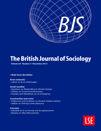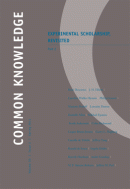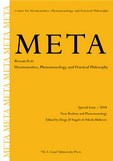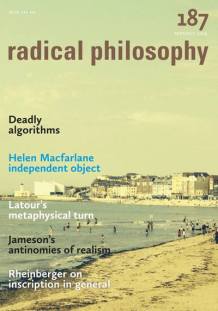
The reader of this blog probably has noted by now that I have a certain preference for Latour related philosophy. I admit this is somewhat limited for a blog that claims to focus on the broad spectrum of contemporary ontology. I’m very open to other branches and schools in contemporary ontology, but I have simply not the expertise to pick articles which are of interest. At the moment I’m looking for other people who would also like to contribute to this blog, so that we can broaden the topics a bit more. Until then I will keep posting articles on topics on which I have some knowledge.
This time an article which is a cross-over between sociology and ontology. Dean Pierides and Dan Woodman write in Object-oriented sociology and organizing in the face of emergency, what Graham Harman’s philosophy can contribute to the conceptualisation of a bushfire disaster in Australia. After the ‘Black Saturday’ bushfires in 2009 had killed 173 people, a research was commissioned to investigate the organisational errors which had led up to the disaster. In this research Pierides and Woodman argue that only the social dimension of the organisational disaster has been evaluated, i.e. the emergency services and meteorological institutes. Such research however has it shortcoming if one doesn’t take the ‘nature’ side of things into account. By conceptualising the bushfire as an object which can never be exhausted by the relations it has with the emergency services and institutions, Pierides and Woodman explain how the bushfire can mediate surprises. It are exactly these surprises that are not present in the organisation of emergency services and institution. And never can become present as long evaluations of the disaster only focus on the social dimension.



